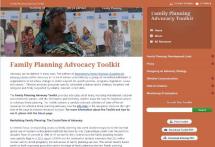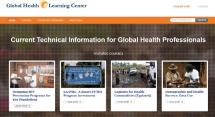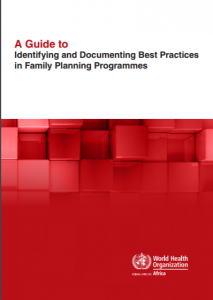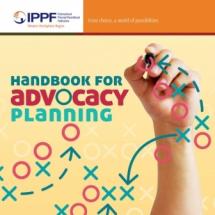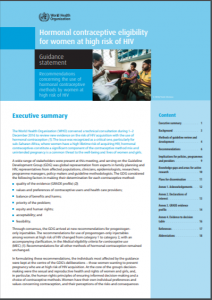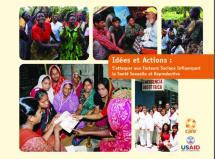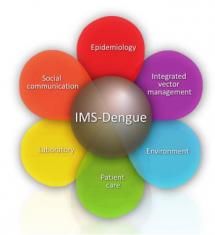Fake Medicines: Training for Action E-Learning Course
This is an open access e-learning platform to illustrate the problem of fake medicines and how this crime is being addressed globally. It is divided into 7 modules that show how drugs are manufactured and marketed, how medicine counterfeiting is addressed and how to identify illegal online pharmacies or recognize authentic packaging.
The program is intended for a wide audience, is free and available in French, English and Spanish. Users can let the platform guide them through a 45 minute program or choose from the various topics in the menu.
Modules include:
- Medicinal products: from the molecule to the finished product
- The marketing of medicinal products
- Counterfeiting worldwide
- The internet problem
- Anti-counterfeiting legislation
- Anti-counterfeiting action
- Technical solutions in the fight against this scourge
Last modified: March 25, 2019
Language: English, French, Spanish


